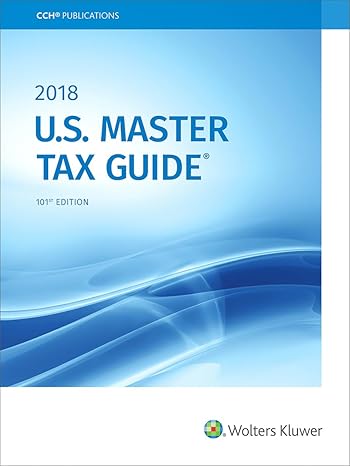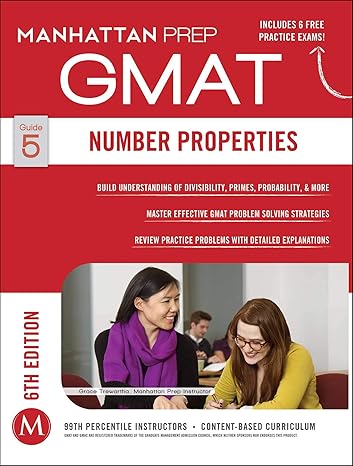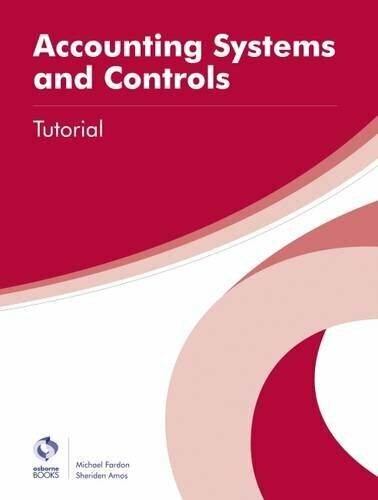Go back


Decision Making A Management Accounting Perspective CIMA Stage 4(1st Edition)
Authors:
Roland Fox, Alison Kennedy, Keith Sugden

Cover Type:Hardcover
Condition:Used
In Stock
Shipment time
Expected shipping within 2 DaysPopular items with books
Access to 30 Million+ solutions
Free ✝
Ask 50 Questions from expert
AI-Powered Answers
✝ 7 days-trial
Total Price:
$0
List Price: $15.77
Savings: $15.77(100%)
Solution Manual Includes
Access to 30 Million+ solutions
Ask 50 Questions from expert
AI-Powered Answers
24/7 Tutor Help
Detailed solutions for Decision Making A Management Accounting Perspective CIMA Stage 4
Price:
$9.99
/month
Book details
ISBN: 9780750600354, 0750600357
Book publisher: Elsevier Science & Technology
Get your hands on the best-selling book Decision Making A Management Accounting Perspective CIMA Stage 4 1st Edition for free. Feed your curiosity and let your imagination soar with the best stories coming out to you without hefty price tags. Browse SolutionInn to discover a treasure trove of fiction and non-fiction books where every page leads the reader to an undiscovered world. Start your literary adventure right away and also enjoy free shipping of these complimentary books to your door.









